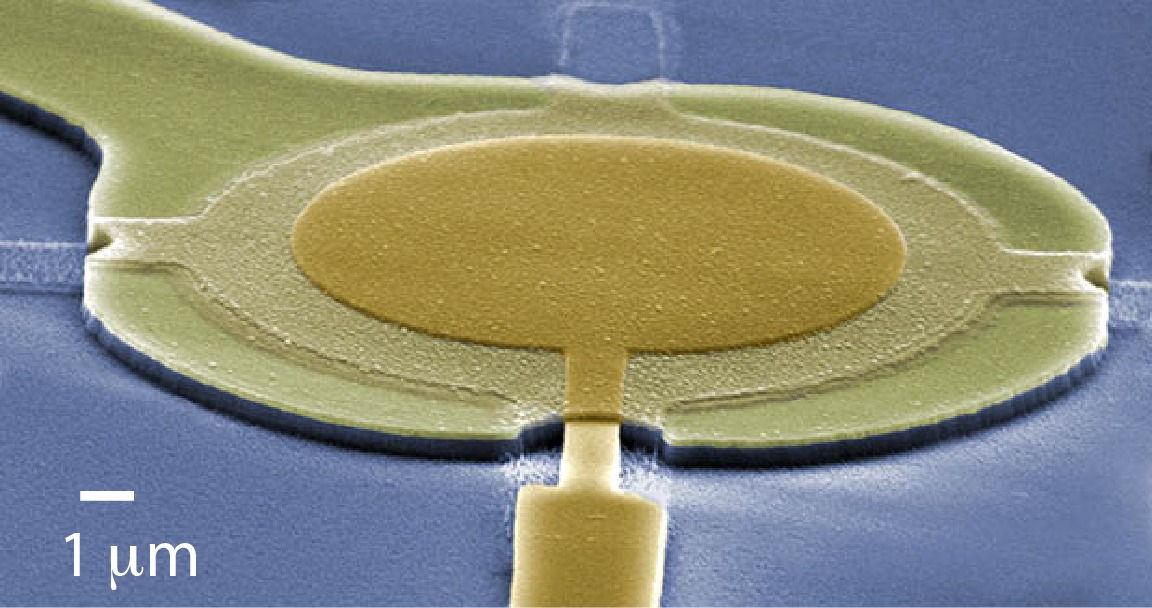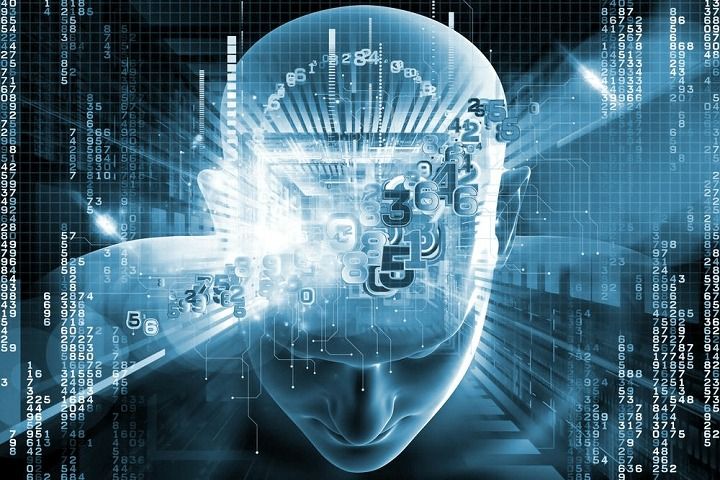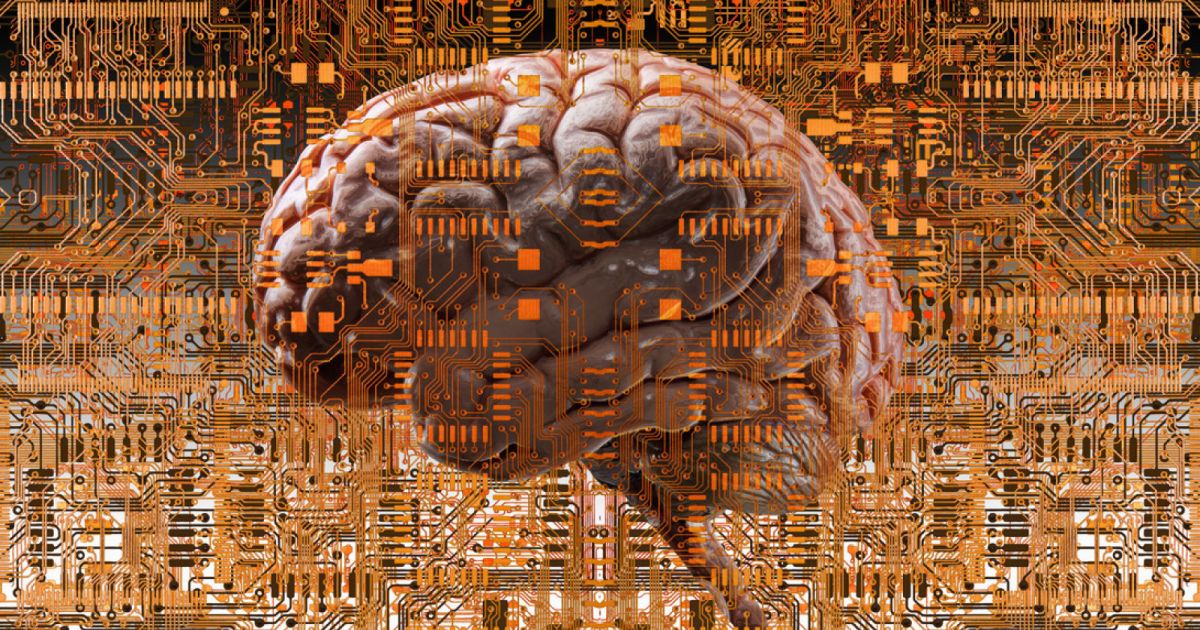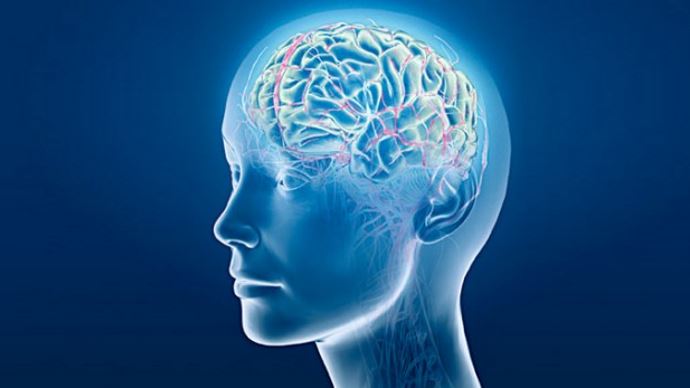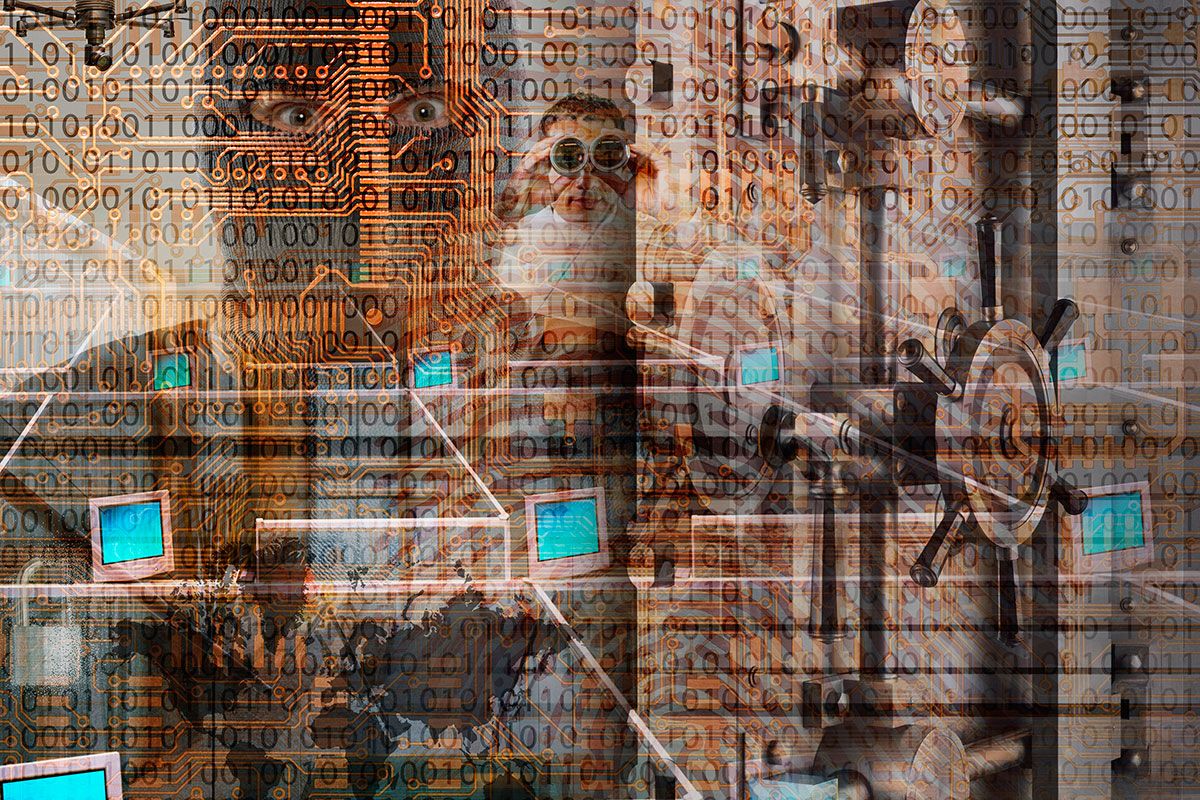(Phys.org)—Over the past few decades, quantum effects have greatly improved many areas of information science, including computing, cryptography, and secure communication. More recently, research has suggested that quantum effects could offer similar advantages for the emerging field of quantum machine learning (a subfield of artificial intelligence), leading to more intelligent machines that learn quickly and efficiently by interacting with their environments.
In a new study published in Physical Review Letters, Vedran Dunjko and coauthors have added to this research, showing that quantum effects can likely offer significant benefits to machine learning.
“The progress in machine learning critically relies on processing power,” Dunjko, a physicist at the University of Innsbruck in Austria, told Phys.org. “Moreover, the type of underlying information processing that many aspects of machine learning rely upon is particularly amenable to quantum enhancements. As quantum technologies emerge, quantum machine learning will play an instrumental role in our society—including deepening our understanding of climate change, assisting in the development of new medicine and therapies, and also in settings relying on learning through interaction, which is vital in automated cars and smart factories.”
